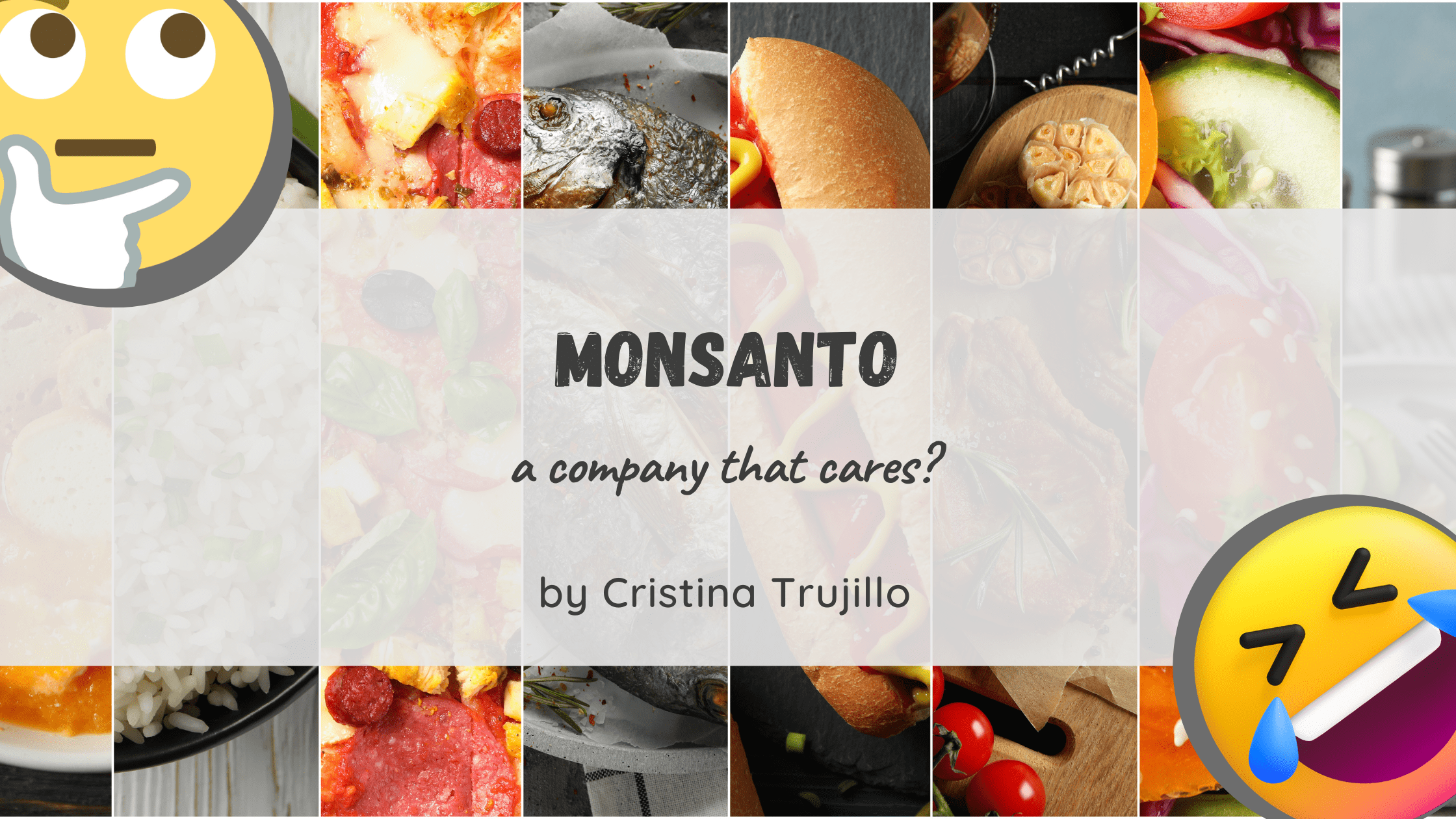Monsanto is a chemical company that produces genetically modified organisms (GMOs) and pesticides. The company is now trying to rebrand itself as a health-conscious organization. However, critics say that this new image is hypocritical.
Monsanto has long been criticized for producing harmful chemicals. Their most well-known product is the herbicide Roundup, which has been linked to cancer. The company has also been accused of producing GMOs that are unsafe for human consumption.
Now, Monsanto is trying to distance itself from these criticisms. They have started running ads that try to present the company as a caring organization that is committed to improving the lives of farmers and consumers.
Critics say that this new image is hypocritical. They point to the fact that Monsanto is still producing harmful chemicals and GMOs. They also say that the company is not doing enough to transparency about their products.
What do you think? Is Monsanto’s new image hypocritical?
Can you honestly say we are not ingesting pesticides daily when eating genetically modified foods?
How can you honestly say we are not ingesting pesticides daily when eating? It’s a valid question, particularly in light of the fact that genetically modified foods are engineered to be resistant to pesticides. That means that more pesticides can be used on these crops, and we may be ingesting them when we eat these foods.
There are a few things to consider when addressing this question. First, it’s important to understand that not all pesticides are created equal. Some are more toxic than others, and some break down more quickly in the environment. Second, the amount of pesticide that we’re exposed to matters. The toxicological effects of a chemical depend on the dose, so even low levels of exposure to certain pesticides could be harmful.
So, how can you say that we’re not ingesting pesticides when we eat genetically modified foods? Well, it depends on your definition of “pesticide.” If you’re only considering chemicals that are intentionally used to kill pests, then you might be right. But if you’re considering any substance that has the potential to control or eliminate pests, then you’re probably wrong.
There are a number of substances in our food that fall into the latter category. For example, some essential oils can have insecticidal properties. herbs and spices like thyme, rosemary, and cloves contain compounds that can kill or repel pests. And even some fruit and vegetable peels contain compounds that can be toxic to pests.
So, while I can’t say for sure that we’re ingesting pesticides when we eat genetically modified foods, it’s probably safe to assume that we are.
